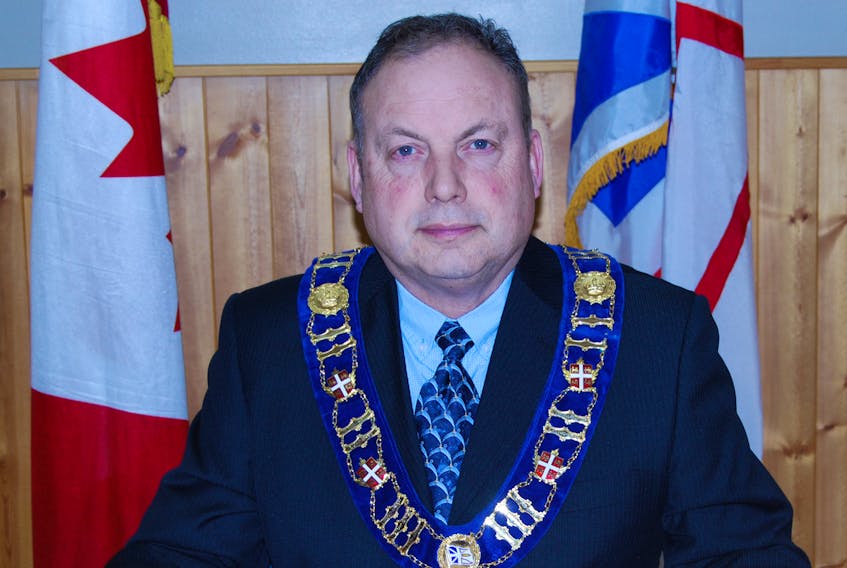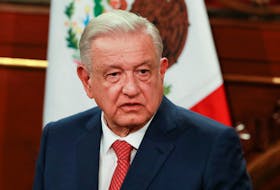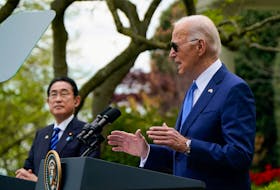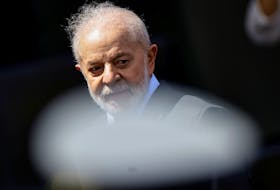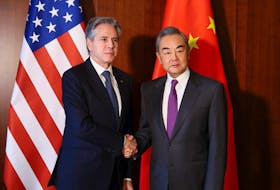MARYSTOWN, N.L.
St. Lawrence Mayor Paul Pike believes a decision by the federal government to eliminate a tax incentive for elected officials in Canada, including municipal councillors, was a “move in the wrong direction.”
The concern is not that he or the current councillors in St. Lawrence will get less money, Pike said, it’s the impact the change might have in bringing new faces to the table.
At a time when it’s very difficult to attract candidates for municipal councils, there should be a focus on encouraging as diverse a mixture of the population as possible to run, he said.
“You’ve got people who just can’t afford to be on council, and for the federal government to take any little incentive away to get people there, it doesn’t make any sense,” Pike said.
Longstanding exemption
In 2017, federal legislation was passed doing away with a tax exemption that has been in place since the middle of the last century, which essentially gave elected officials a break on one-third of the compensation they receive. Bill C-44 goes into effect on Jan. 1, 2019.

According to a guide on the change released by the Federation of Canadian Municipalities (FCM), the justification given by government for removing the exemption was that it “provides an advantage that other Canadians do not enjoy.”
Municipalities Newfoundland and Labrador (MNL) president Tony Keats also doesn’t like the change, pointing out his organization represents a lot of small, rural communities.
“You got to understand, I mean, a lot of councillors don’t get paid for doing that extra bit of work within their municipalities when it comes to expenses such as telephones or internet or office supplies or travel, because a lot of towns just can’t afford it sometimes and they use their own money for that,” said Keats, who also sits on the FCM’s board of directors and is the mayor of Dover.
He also agreed with Pike, the MNL board’s finance chair, that the break is an incentive to encourage people to run for municipal councils.
It remains to be seen how individual councils deal with the change. For some but not all, it may be possible to increase the remuneration under the Municipalities Act, if they see fit, to offset the loss in compensation for councillors.
In St. Lawrence, following the act’s guidelines, council’s allocation for remuneration has been a maximum of $20,000. Broken down, the mayor receives $3,684.10, the deputy mayor $3,157.80 and each councillor $2,631.50, for a total of $19,999.40.
Pike said St. Lawrence council hasn’t taken a serious look at whether the remuneration could and should be adjusted but would do so as part of the upcoming budget process.
Keats said MNL is continuing to advocate for the tax exemption elimination to be overturned.

